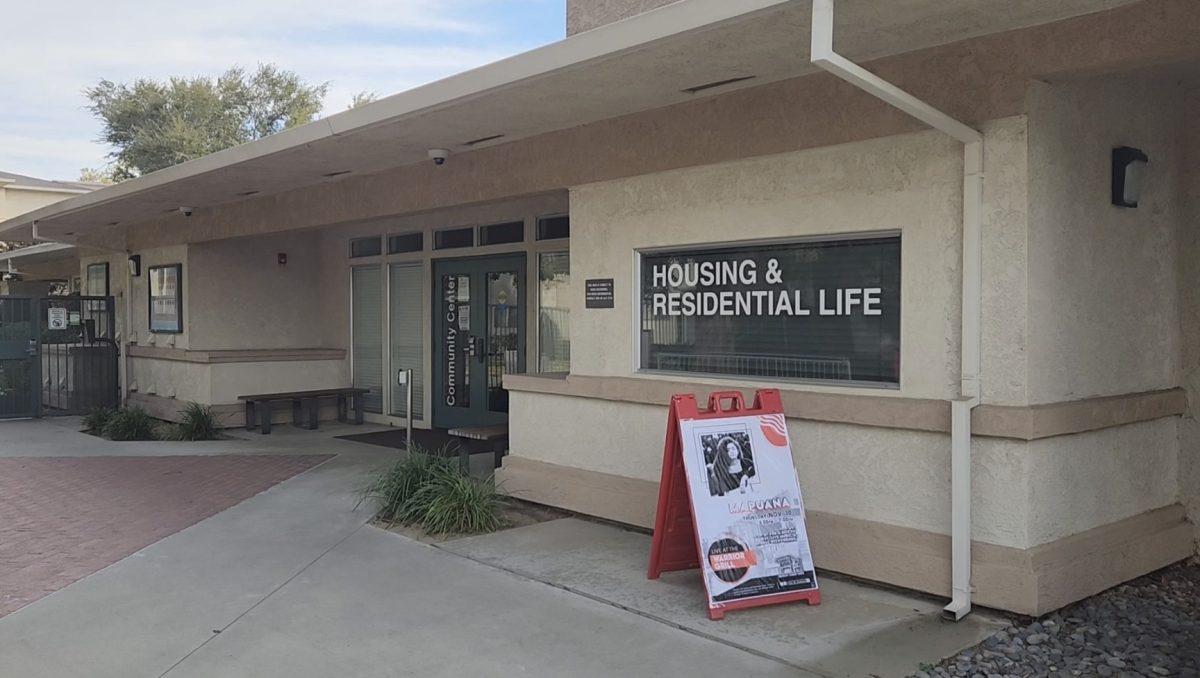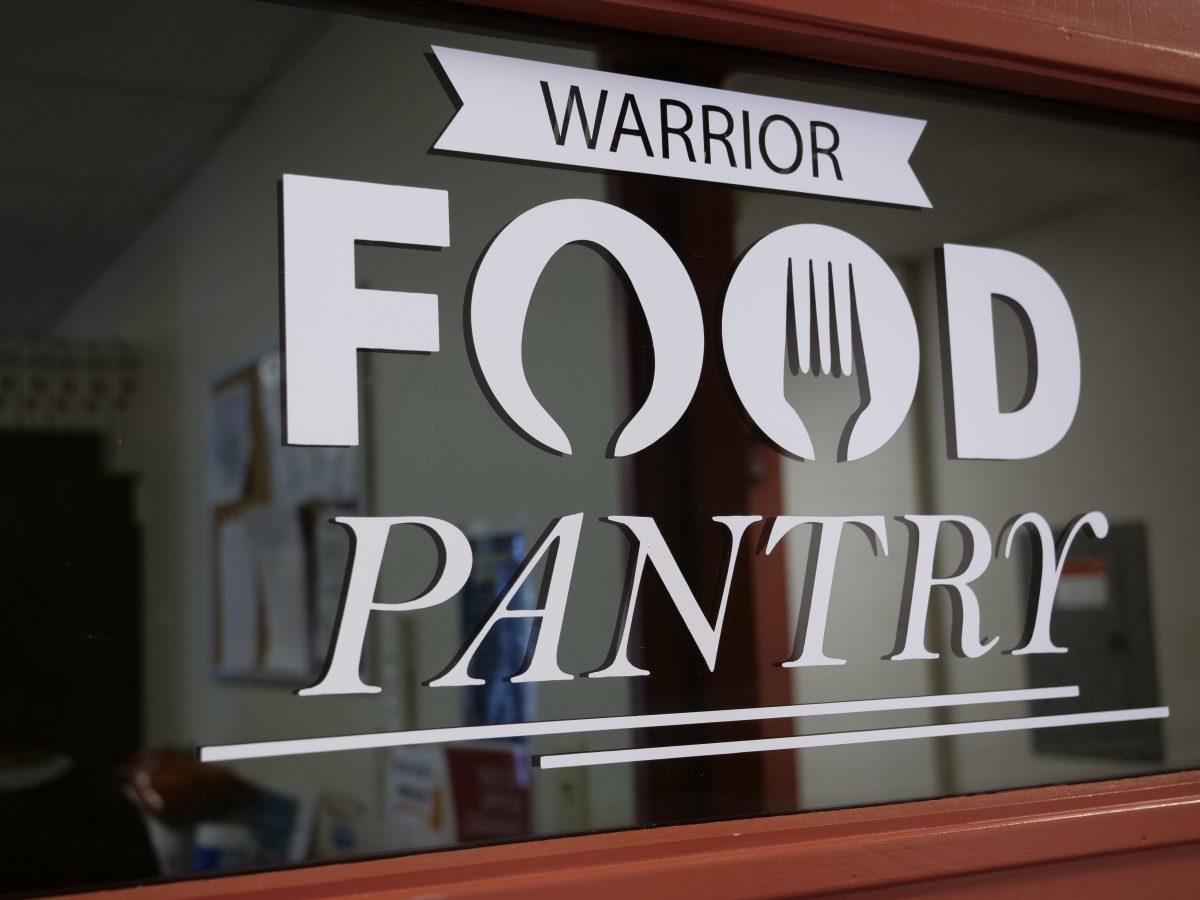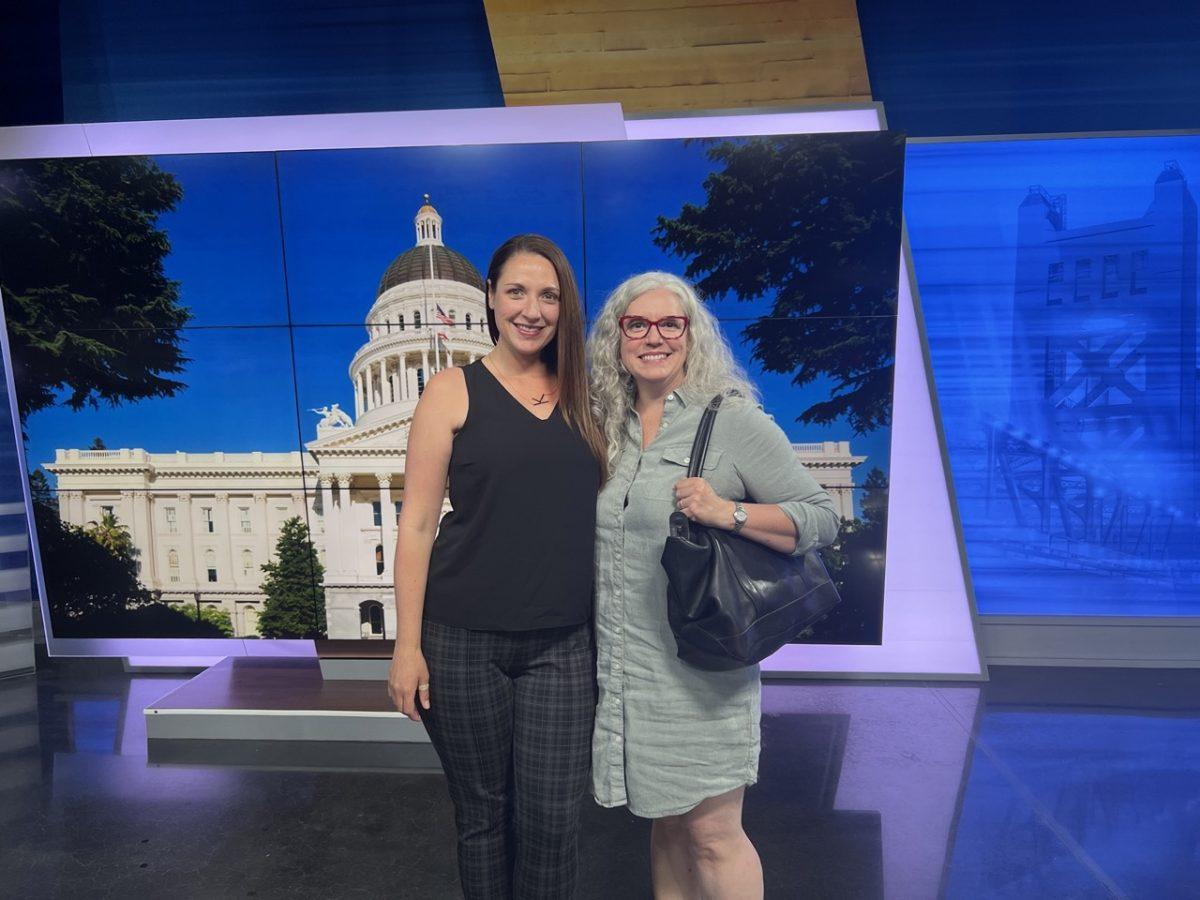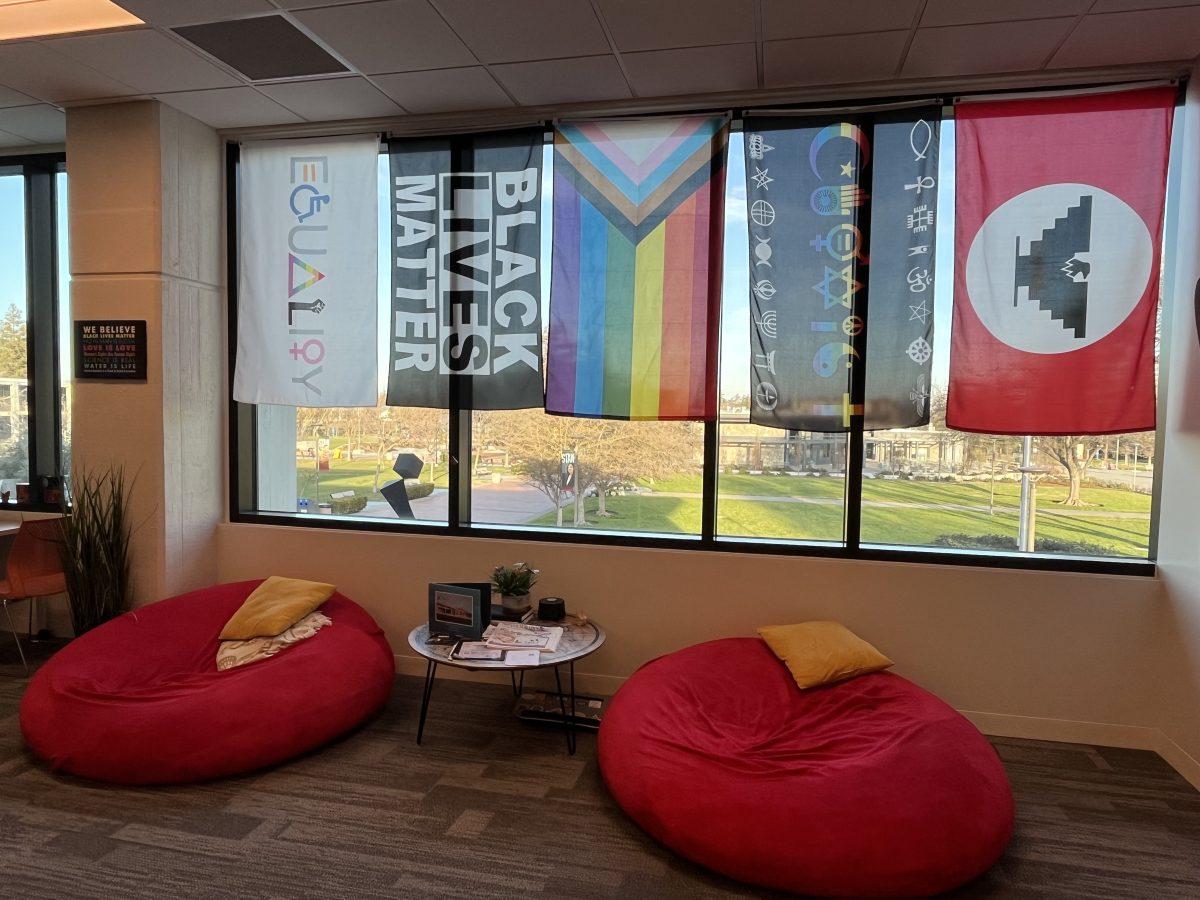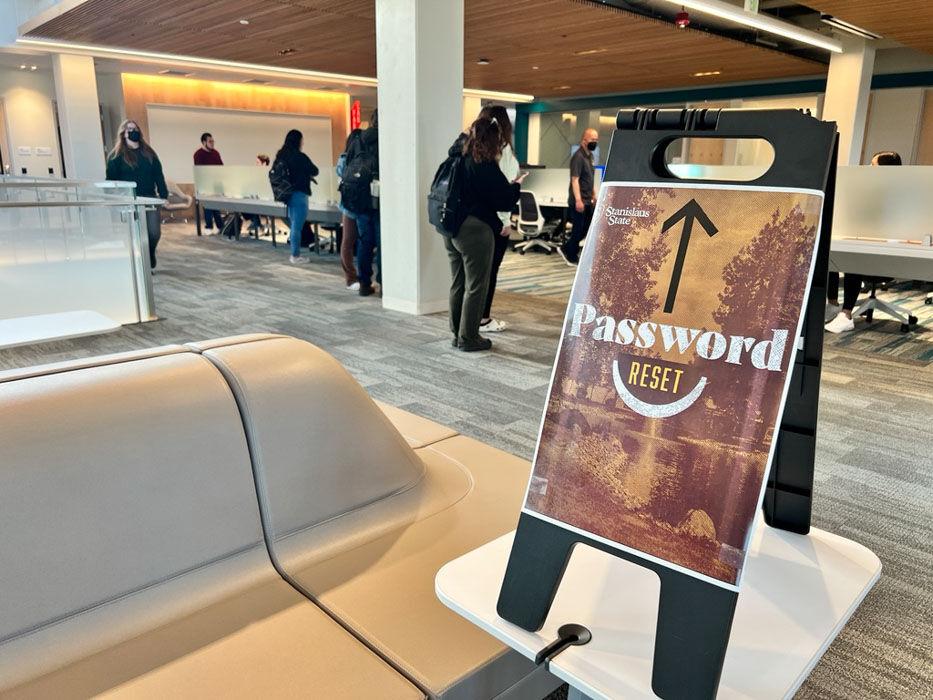The agriculture industry is what I grew up with. Born and raised in Newman, California, a small, close-knit community on the West Side, agriculture was everywhere. Fields where different growers grow corn, almonds, lettuce, and more serve as the backdrop to some of my favorite memories, and they wouldn’t be complete without the occasional whiff of cow manure from the local dairies.
My maternal grandfather, my VooVoo, had a farm on the land that my family and I currently live on and yet, I never really had first hand agriculture experience until I left this small valley town to attend college at Cal Poly San Luis Obispo.
Majoring in animal science, the farm to table process was something that was deeply woven into all of my courses. I worked first hand with large and small animals alike. Two of my favorite classes were my swine lab (I mean, I got to hold baby pigs, does it get better than that?) and my meat science class, where we got to see slaughters through from beginning to end. We even helped process the meat. It was so interesting!
While I was extremely nervous to see my first slaughter, I felt better knowing exactly how it would happen. It’s quick, clean and, in accordance with USDA regulations, the animal doesn’t suffer a bit. Having learned about how regimented and regulated this industry is, it’s always frustrating to me how it is often criminalized, painted to be this inhumane industry.
It’s also frustrating to me how, because I support animal agriculture, people tell me that I can’t truly love animals. I mean, I was studying with the end goal of becoming a vet, one who would take care of animals of all shapes and sizes and to ensure that they live the longest and healthiest lives possible. But I support the industry? I must be a hypocrite!
I will always support agriculture. I will always give voice to those thoughts and opinions that the controversy drowns out. I want to be an advocate for the smaller, family-owned businesses and shine a light on just how advanced they are. But, not only that, I want to give them a platform to share exactly what it is about this business that they love. These people live and breathe this industry, it’s their livelihoods, and I think they have as much of a right to speak out as the big corporations.
My goal for my last piece was to show how these businesses have been impacted by the COVID-19 outbreak, paying special attention to the fact that there are humans behind the curtain of these names, even the bigger ones like Gallo and Foster Farms. These are people who understand that their businesses allow their employees to provide for their families and themselves.
Too often, these smaller businesses are lumped together with the bigger ones, dehumanizing them, making the whole operation seem impersonal. However, it’s very personal, and it comes with all of the emotions that one would hope people with power would have: empathy, a sense of responsibility and loyalty.
If anything can be learned from this piece, I hope it’s this: we are truly all in this together. Our interconnectedness as a people and, more importantly, a country depends on how we all work together and give back.
I read a book about a month ago by Elaine Welteroth, who is a journalist and previous editor-in-chief of Teen Vogue. Her book included a quote from Susan L. Taylor. “Crises are nature’s way of forcing change— breaking down old structures, shaking loose negative habits so that something new can take its place.”
Let us, all of us, take in those words and fight for rational change, so that businesses like these, who have their hearts in the right place, have a place in our post-pandemic economy.



